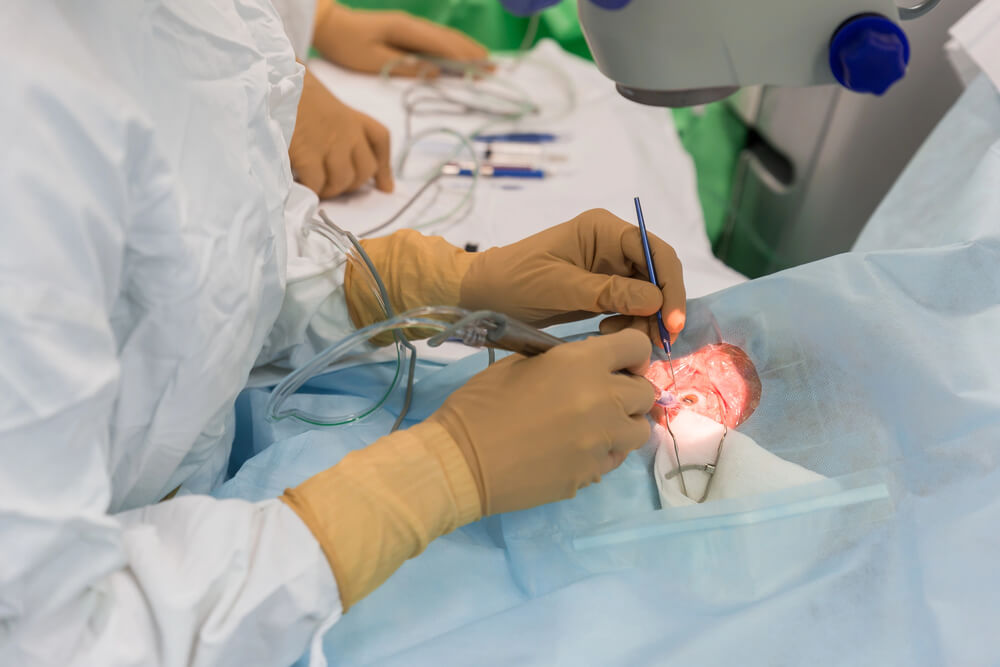
Cataract surgery is one of the safest and most commonly performed procedures. Still, it’s natural to wonder what might happen if something unexpected occurs during it, like a cough. Let’s walk through what to expect, how your medical team prepares for this, and what you can do to feel confident on the day of your surgery.
Can You Cough During Cataract Surgery?
Yes, you can. Coughing during cataract surgery is not unusual. Many patients feel the urge to clear their throat, especially in colder rooms or when they’re nervous. You won’t be under general anesthesia, so your body’s natural reflexes are still active. But this doesn’t mean you should be worried. Your surgeon is fully prepared to handle it.
How Is Movement Managed During Surgery?
Before the procedure begins, your doctor will walk you through what’s going to happen. You’ll receive medicine to help you stay relaxed. You’ll also get numbing drops so that your eye remains still and you feel no discomfort.
If you feel like coughing, sneezing, or needing to move, let the team know. Just speak up. It’s safe to communicate during the procedure. The doctor will pause for a moment until you’re comfortable again. This is part of routine surgical preparation.
Your head and body will be gently supported during the procedure to limit any sudden motion. Even if a cough happens unexpectedly, the setup is designed to minimize risk. A well-trained surgical team is always alert and ready to respond.
Should You Be Concerned?
Most patients go through surgery without coughing at all. Still, it’s something doctors are trained to manage calmly. The instruments used during the procedure are steady and controlled. If a cough does occur, your surgeon will simply take a moment to reset before continuing.
What’s more helpful is preventing surprises. That’s why you’ll be asked about any recent illness, allergies, or breathing issues during your pre-operative assessment. If you’ve had a cold or chest discomfort recently, be sure to mention it. It’s possible the doctor may recommend waiting a few days until symptoms subside.
How You Can Prepare
The best way to stay comfortable during surgery is to let your care team know everything ahead of time. Here are a few things to consider:
- Avoid heavy meals or carbonated drinks right before surgery to reduce throat irritation.
- If you’re prone to dry throat or allergies, mention it. You may be given a throat lozenge or another simple remedy beforehand.
- Practice gentle breathing or relaxation techniques if you’re nervous. Staying calm reduces the likelihood of coughing.
And remember: if you feel something coming on during surgery, don’t try to suppress it. Let your doctor know immediately. They’ll guide you through it safely.
After the Surgery
Once the procedure is complete, you’ll rest briefly and be given post-care instructions. If anything unusual happened during the operation, like a cough or movement, your surgeon will explain whether any extra care is needed afterward. Most of the time, there’s no impact at all.
Coughing during cataract surgery may sound concerning, but it’s something your medical team is prepared to manage. The structure of the procedure, the support systems in place, and the doctor’s experience all contribute to keeping you safe and comfortable, even if your body reacts in small ways.
Ready to take the next step toward clearer vision? Schedule a consultation with SuraVision today to discuss your options and learn more about Cataract Surgery. Call us at 713-730-2020 or book your appointment online!

